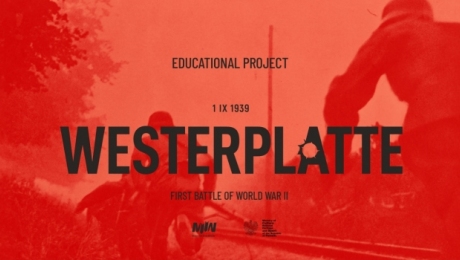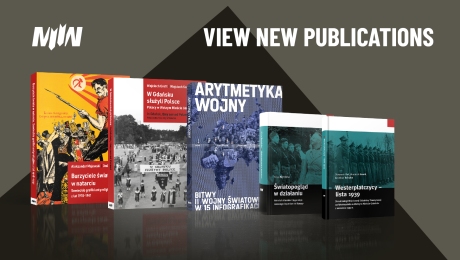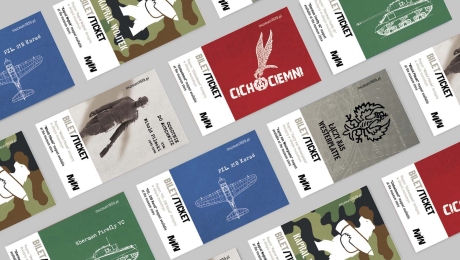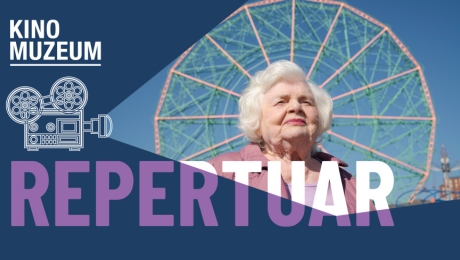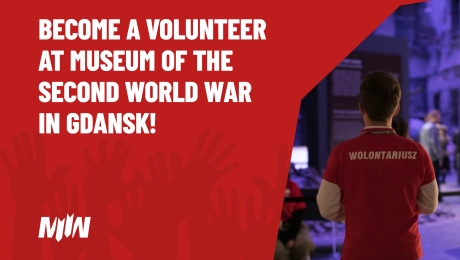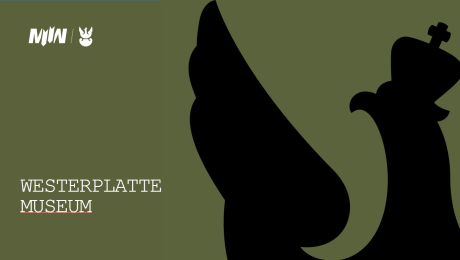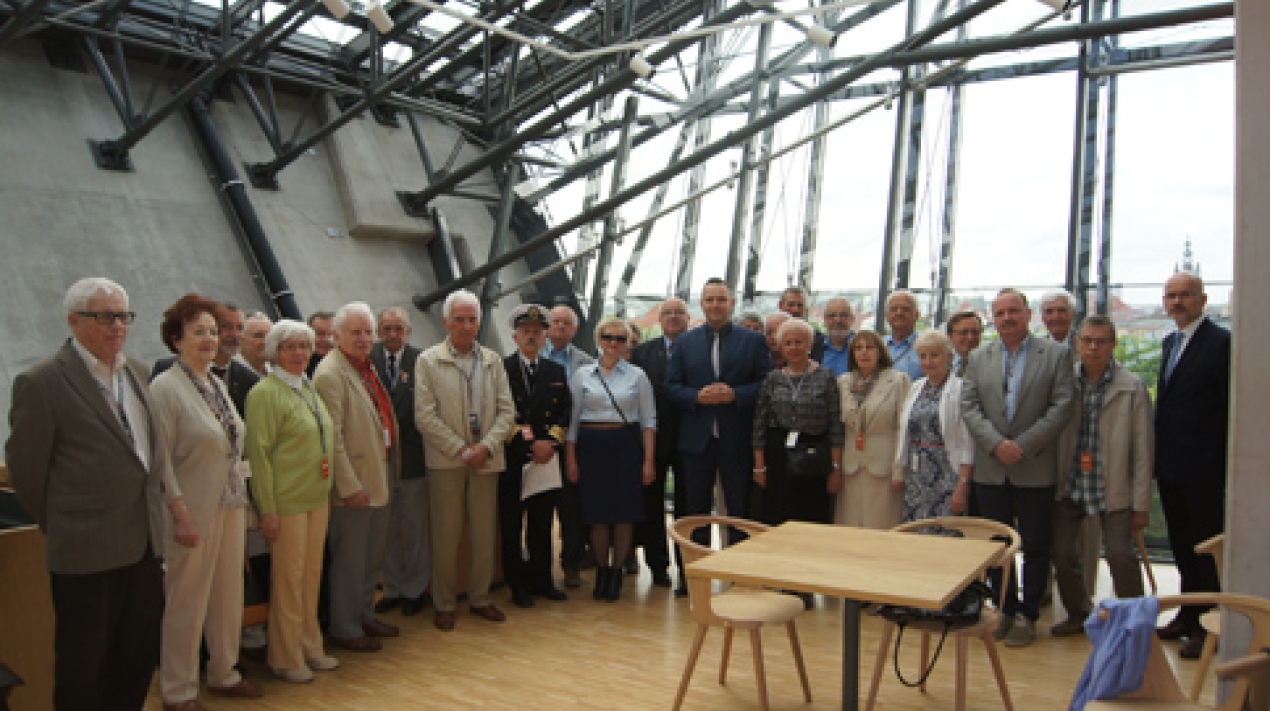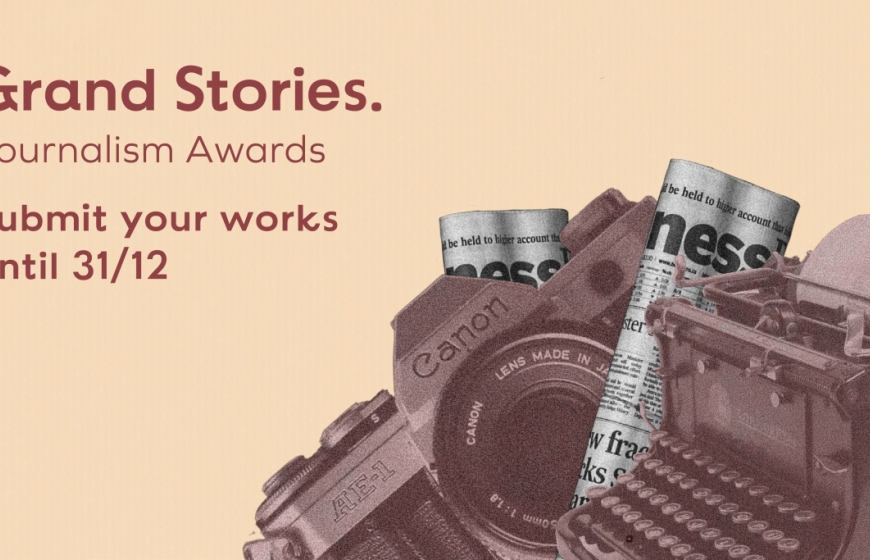Representatives of patriotic organisations at the Museum of the Second World War
On 25 May 2017, at the Museum of the Second World War, there was a meeting of the museum’s board with the representatives of patriotic organisations which commemorate history. “You are the custodians of the national memory. The custodians who cared for this memory in the pre-1989 era. We would like to treat you all as our partners in discussion and we hope for your voice in this debate”, said the director of the Museum of the Second World War, Dr Karol Nawrocki, when he welcomed the guests.
“We all share the same objective. It is to remind about the tragic conflict of the Second World War and the dozens of millions of casualties throughout the world, as well as presenting the heroic demeanour of Poles”, says Dr Karol Nawrocki, the director of the Museum of the Second World War.
“We hope for your voice and sensitivity in the debate about the museum itself. (...) There are things we cannot forget. Things we have to remind about. Please treat us as people who listen carefully to what patriotic environments say, for you are the custodians of the national memory.We would like to have you as our partners in discussion”, said DrNawrocki.
The deputy director of the museum, Professor GrzegorzBerendt, invited combatant associations to co-create the actions of the Museum of the Second World War in Gdansk. “Our task is to optimally use this space”, addedProfessor GrzegorzBerendt.
“You are the generation of war. Either you remember these hard times from your own experience, or your loved ones shared with you the information about how hard it was for Poles to live or fight. We consider our work a mission, thus we ask for help, advice, and postulates. We will consider every advice and, if it is legally and financially possible, we will make it part of the Museum’s reality.”, announced the deputy director, Professor GrzegorzBerendt.
The Chair of the Kashubian and Kociewie Association of the Pomeranian Griffin secret military organisation asked the board to include an exhibition of this organisation as a permanent exhibition of the Museum of the Second World War.
“It is often painful that the Pomeranian history is not well-known and neglected. We know more about other great achievements, which are very important, whereas we know very little about our Pomeranian one”, says Roman Dambek.
After the meeting at the Museum, the combatants were invited to visit the main exhibition.






